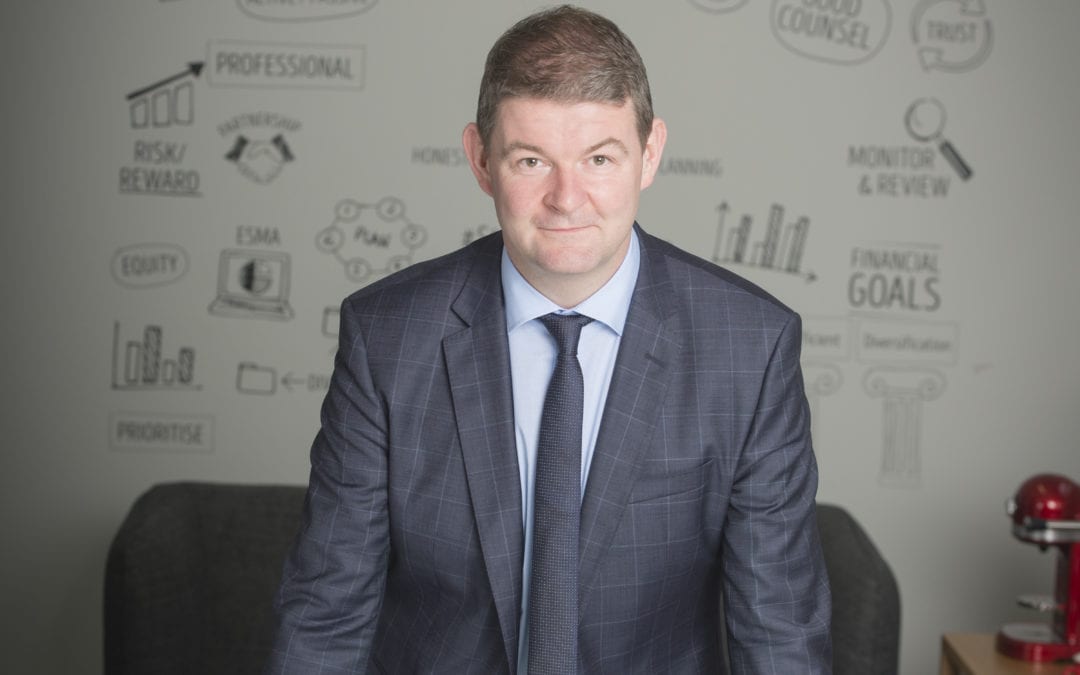If there’s one trait most of us share, it’s a desire to make the world a better place. No wonder there’s so much interest in sustainable investing. Who wouldn’t want to try to earn decent if not stellar returns, while contributing – or at least causing less harm – to the greater good?
But what is the greater good? What is a decent return? How do we make it all happen? Financial history leaves us optimistic that, over time, best practices are likely to emerge out of the bubbling brew that is our capital markets. For those who would rather not wait, it can be hard to identify a clear path forward. As a relatively new and fast-growing field, sustainable investing is crowded with opportunities and challenges, perspectives and priorities, strategies and terminology.
Let’s bring today’s sustainable investing into tighter focus.
Sensible Sustainability
As we grapple with integrating subjective values into objective financial planning, we are inspired by “Doing Good Better” author William MacAskill: “I believe that by combining the heart and the head – by applying data and reason to altruistic acts – we can turn our good intentions into astonishingly good outcomes.”
Let’s be clear: We are NOT here to direct your personal moral compass. Rather, we’d like to offer objective insights, rooted in our evidence-based investment approach. An evidence-based outlook helps confirm when a theory appears to be robust in reality. It also suggests when a promising plan may not pencil out as hoped for – no matter how well-intended it may be.
Equipped with solid evidence in an often emotionally charged arena, you will be better positioned to make the rational choices and informed decisions that best fit you, your heartfelt values, and your financial goals.
A Tangle of Terminology
First things first. While you’re likely to find various terms sharing similar definitions in this crowded field, we’ll refer to the broad subject as “sustainable investing.”
Call it what you will, recent research has found that different investors embrace sustainable investing for different reasons. Your own priorities govern the type of sustainable investing that should best align with your personal goals:
- Financial Priorities – Some investors may not be as interested in investing “morally,” but may do so anyway if they expect to earn higher returns from stronger-performing companies.
- Impact Priorities – Other investors may not care whether sustainable investing brings higher expected returns, as long as they can shun “bad” companies and/or invest in “good” ones.
- Blended Priorities – Most investors fall somewhere in between: They want to earn solid returns (or at least not lose money) while investing in principled ways.
Next week, in Part II of this series of Blogs on Sustainable Investing, we will examine how and why Sustainable Investors use Environmental, Social and Governance (ESG) ratings to determine the assets that they will hold in their investment portfolio.
In the meantime, please do not hesitate to contact me or any other member of the Metis Ireland team to discuss what Sustainable Investing might look like for you.
Carl Widger
Co-Founder & Director
Disclaimer
Metis Ireland Financial Planning Ltd t/a Metis Ireland is regulated by the Central Bank of Ireland.
All content provided in these blog posts is intended for information purposes only and should not be interpreted as financial advice. You should always engage the services of a fully qualified independent financial adviser before entering any financial contract. Metis Ireland Financial Planning Ltd t/a Metis Ireland will not be held responsible for any actions taken as a result of reading these blog posts.
Disclaimer
Metis Ireland Financial Planning Ltd t/a Metis Ireland is regulated by the Central Bank of Ireland.
All content provided in these blog posts is intended for information purposes only and should not be interpreted as financial advice. You should always engage the services of a fully qualified financial adviser before entering any financial contract. Metis Ireland Financial Planning Ltd t/a Metis Ireland will not be held responsible for any actions taken as a result of reading these blog posts.




